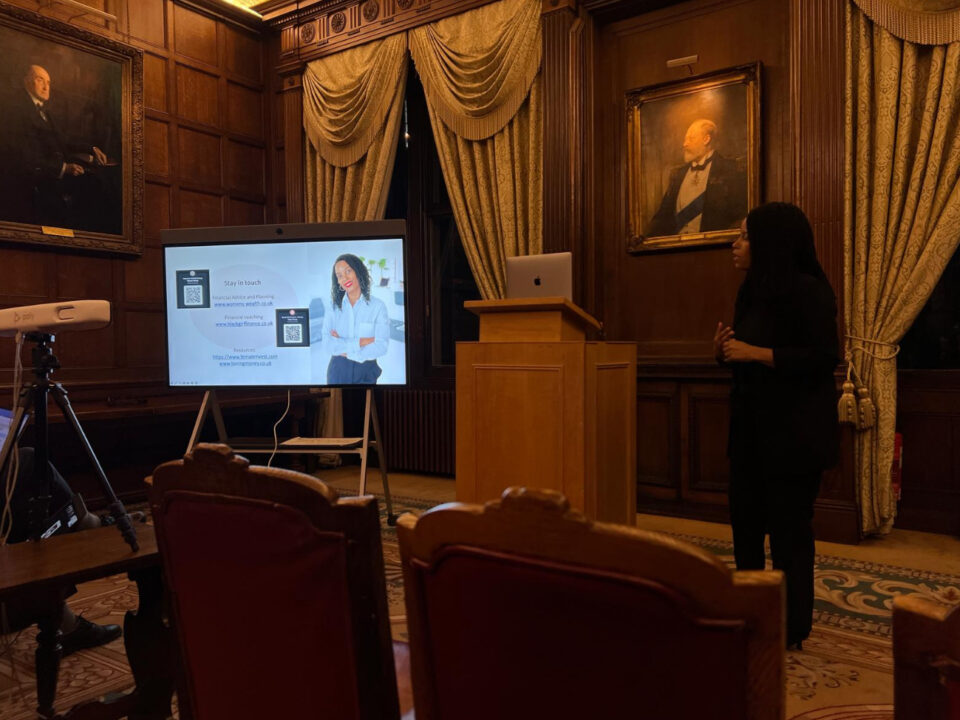
Limiting your potential is your only enemy
January 6, 2024
COP28: What Is It and Why Is It Important?
January 7, 2024Article by Levon Curtis.
Reading time: five minutes
Understanding terminology and university and legal work experience.
University student: terminology
University is the foundation for any lawyer’s legal knowledge and career. It is an essential place for Diversity and Inclusion to be championed and pioneered. However, many first-generation students may struggle to settle in at university, especially during their first year. For example, as they try to navigate new terminology and understand what type of work-experience is available to them. Offering transparency and assisting in helping students understand terminology related to university and work experience can improve diversity in application cycles for law firms, and those succeeding at university.
University terminology
These terms can be unsettling for those who are first generation university students since many around them will understand the terms. Without knowing what the terms are, students may be put at a disadvantage or feel anxious about attending lectures since they are unsure of what to expect.
Lectures
Lectures are typically where an academic with expert knowledge in a given area of law (typically referred to as a ‘lecturer’ or ‘professor’) will talk for roughly one to two hours about the topic you are studying in a large hall in front of your cohort. The purpose of attending lectures is to aid your independent learning and reading of your LLB modules.
Seminars
Seminars are an interactive session with between a small number of students and a lecturer. Usually there will be a set of questions, provided to you in advance, that you will go through to deepen your understanding of a topic. Any questions you have arising from a lecture, or your independent learning, can be asked during a seminar.
Two types of assignments
There are two types of assignments at university; formative and summative assignments. Formative assignments are a form of mock assignment meaning that it will not count to your grade in that module. Summative assignments, on the other hand; will count towards your grade on that module.
Work experience terms
This next section aims to explain to students who are unsure an idea of what to expect in different types of work experience.
Mini-pupillages
A mini-pupillage typically consists of a few days at a barristers’ chambers, shadowing a barrister and witnessing the type of work that they do, in court and in chambers. They are typically targeted towards second and third-year law students, however, some sets can also accept first-year students.
The type of work you can expect to witness during your mini can depend on the barristers’ chambers; you might be able to sit in court and witness their barristers complete oral advocacy, whilst many may witness their barristers complete written advocacy. These are essential for any aspiring barrister to complete and will be looked at during applications for pupillage.
Vacation schemes
A vacation scheme typically consists of a couple of days to a week at a law firm, providing valuable insights into how their firms operates, and the types of work that they achieve. Vacation schemes are an invaluable experience for any aspiring solicitor as it provides you with the opportunity to network with associates and even partners at the firm. Some firms might even allow you to help associates with their workload by conducting research and taking minutes at client meetings. Many top firms are now taking advantage of vacation schemes and exclusively recruiting trainees from their vacation schemes, making them essential to any aspiring solicitor.
Open days
Both law firms and barristers’ chambers offer insight or open days. These days can last one or two days. Many barristers’ chambers do not offer mini-pupillages and may instead offer the chance to attend a Pupillage Open Day. At these days they may have group exercises, tours, and talks from associates, partners, barristers and graduate recruiters. This is an opportunity to find out more about their culture and values. Law firms may use this experience when screening candidates for vacation scheme and training contracts.
Shadowing
Many barristers and solicitors allow students to shadow the work that they do. This allows you to gain insights into the types of work that different lawyers undergo and can again provide exceptional networking opportunities. Typically, barristers and solicitors may suggest that you can shadow them after meeting them at other events. It must be noted that there may not be formal application processes for this type of opportunity, and you may need to speculatively make applications and emails to law firms or to barristers’ chambers.
Marshalling
Marshalling involves shadowing a judge for up to a week. During the shadowing you will be able to ask the judge questions about the court processes or life at the judiciary. You will also be able to sit in on different types of cases and you might even have a chance to have lunch with the judge and their colleagues in court.
Finally
This article has fleshed out some of the terms that first-generation student may find confusing or difficult to understand when starting their legal journey. Firms, barristers’ chambers and universities should provide useful guides on what students can expect to lessen the stress that students may feel when starting their legal careers. I hope this article has provided some useful definitions to enable you to not feel disadvantaged and to boost your confidence at university and when applying for work experience. Good luck!





